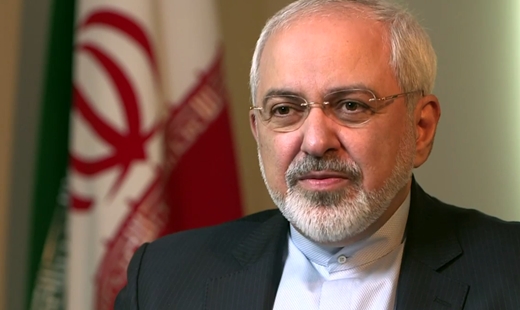You cannot expect to enjoy security while others lack security, Zarif said, addressing Belgium’s Royal Institute for International Relations, also known as the Egmont Institute, in the Belgian capital of Brussels on Monday.
“We should know that crises (in the world) are common threats and challenges for all of us,” he said, adding that any crisis should be seen from a global point of view.
The Iranian top diplomat further said that the nuclear agreement reached between Tehran and the Group 5+1 (Russia, China, the US, Britain, France and Germany) was one of the “rare cases” in which diplomacy worked.
The reason behind the resolution of the disputes over Iran’s nuclear program was a change in approaching the issue, Zarif said.
He went on to say that the model of the nuclear deal can be used for all crises across the world.
The agreement, which was finalized on July 14, 2015, after months of intense negotiations, was enforced on January 16 this year.
Elsewhere, the Iranian foreign minister pointed to the massacre of Yemenis by the Saudi regime, saying Riyadh sees its interests “not in having friendly neighbors but in eliminating them.”
Yemen’s defenseless people have been under massive attacks by a coalition led by the Saudi regime for nearly a year but Riyadh has reached none of its objectives in Yemen so far.
Since March 2015, Saudi Arabia and some of its Arab allies have been launching deadly airstrikes against the Houthi Ansarullah movement in an attempt to restore power to the fugitive former President Abd Rabbuh Mansour Hadi, a close ally of Riyadh.
More than 8000 Yemenis, including many women and children, have died in the Saudi-led aggression so far.
